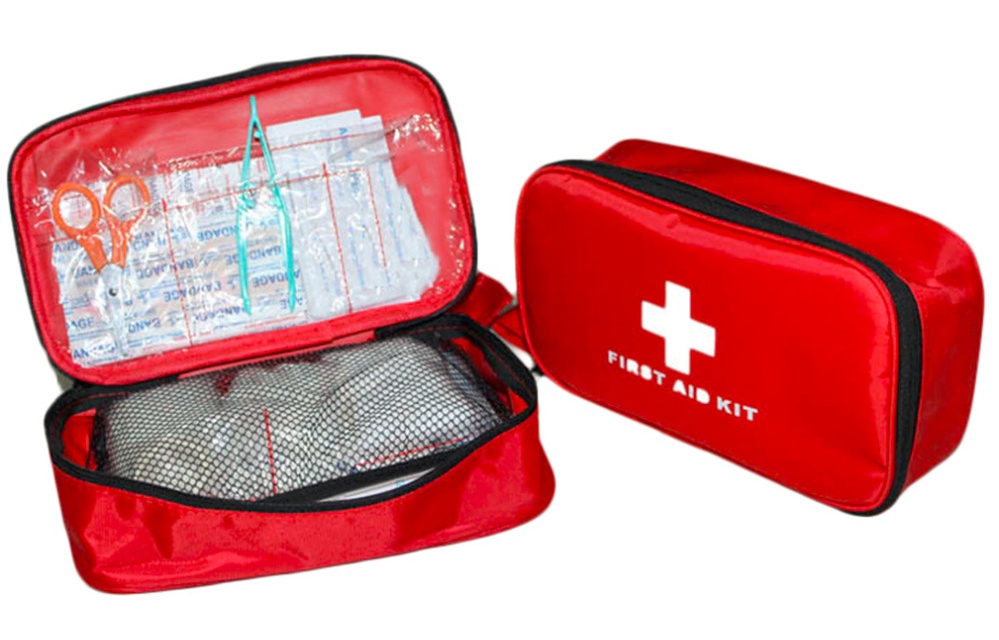Build an Earthquake Kit at the ¥100 Shop
Have you heard of "Tokyo Bousai," the government-sponsored booklet that explains how to prepare for a great earthquake? Among the things to do to be earthquake-ready, it’s important to prepare an emergency bag. The good thing is, for a basic one you can hit up your local ¥100 shop and buy most items there!
By Diletta Fabiani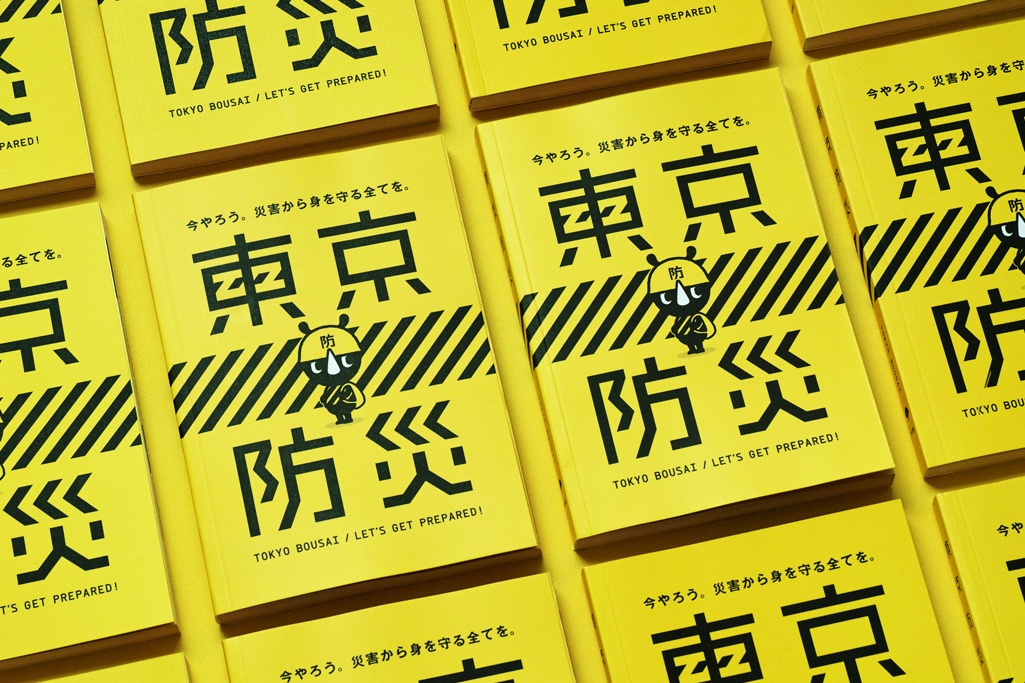
http://www.notey.com/@bpando_unofficial/external/11308973/tokyo-bousai-by-nosigner-japan.html
In 2016, the Japanese government sent out to Tokyo residents a little yellow booklet called “Tokyo Bousai,” which explains in detail how to prepare for a great earthquake (you can read it in English here ). Among the necessary steps, it’s important to also have an emergency bag at your house, and also at your workplace if you work far from home.
While you may want to invest in a proper kit, if you're living on the cheap you can use one of the many ¥100 shops to prepare an almost complete bag according the instructions of "Tokyo Bousai". Here is a list of things to include.
1. A Bag
https://iemo.jp/64951
If you don’t have a spare bag or backpack laying around, you can buy one! Browse the shopping bag section for something that's big enough and dries quickly in case of rain. Put all the items below in a plastic bag inside the bag itself for extra protection.
2. Light Sources: Flashlight, Lighter, Matchsticks & Candles
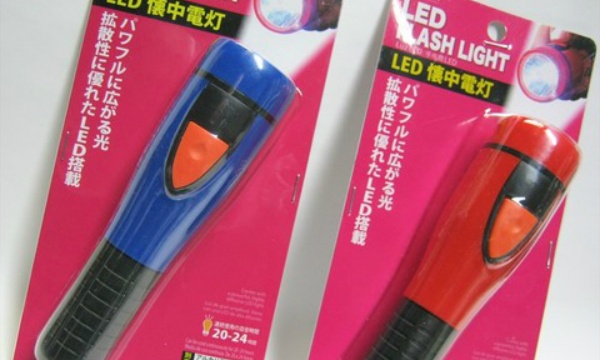
http://kingpcfx.seesaa.net/article/389399276.html
You can buy dynamo flashlights at the ¥100 shop. This way, you can be sure that they'll always be ready. Also include lighters, matchsticks and a box of candles. If it rains, matchsticks won’t work, likewise, lighters could run out of fuel. So, have both on hand!
3. Aluminum Sheet & Tarpaulin
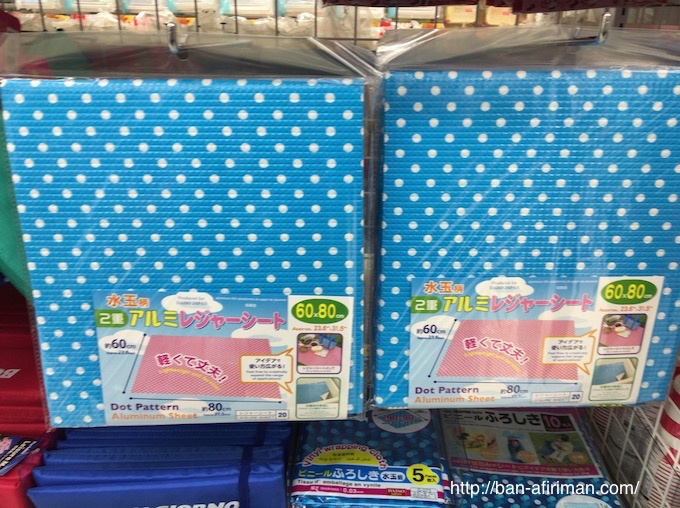
http://ban-afiriman.com/outdoor/daiso100/
Aluminum sheets are useful to keep you warm and dry, while tarpaulin (also called "leisure sheets" in Japan) can be useful if you need to sit on the ground. Tarp is also waterproof, and can be used to make a makeshift shelter from the rain. You might also be able to find a combo product, an aluminium leisure sheet as pictured above!
4. Snacks: Diet Bars & Sugar Cubes
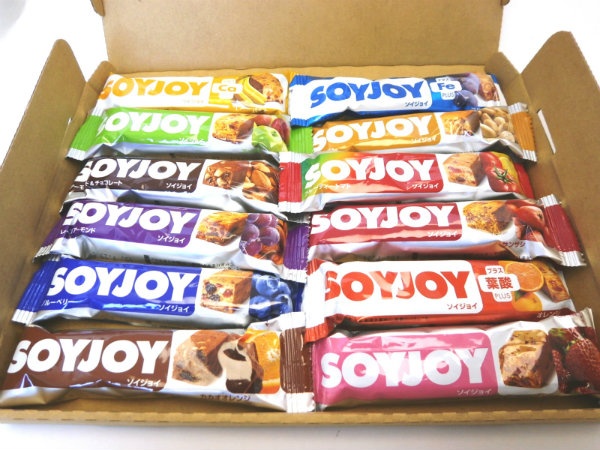
http://item.rakuten.co.jp/kunimi/10000606/
You might have to go a few days without food, so it’s important to pack high-calorie items that won’t expire soon without a need for cooking. Diet bars and sugar cubes might not be the best kind of food, but at least they will keep you alive! While you can also buy instant noodles at ¥100 shops, they're actually cheaper at supermarkets. But remember to buy those too!
5. Filled Water Bottle & Foldable Water Bottle
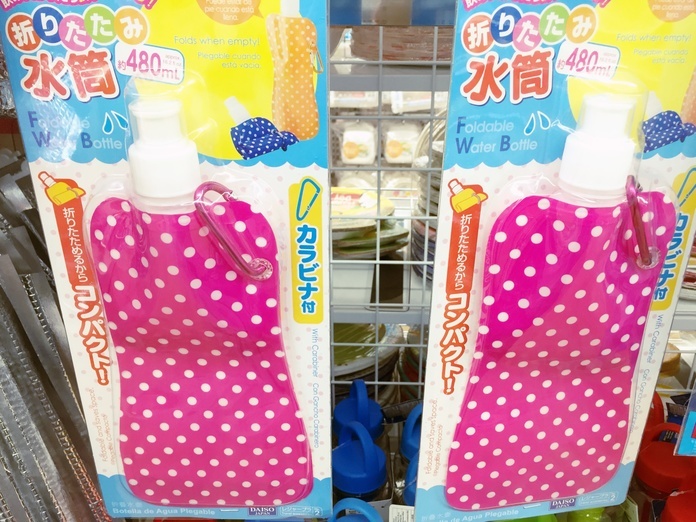
https://iemo.jp/69824
While you should always include a water bottle filled with potable water, make sure to also include an empty, foldable one. It won’t take up much space and it might be useful if you need to get water from someone else.
6. Batteries & Phone Chargers
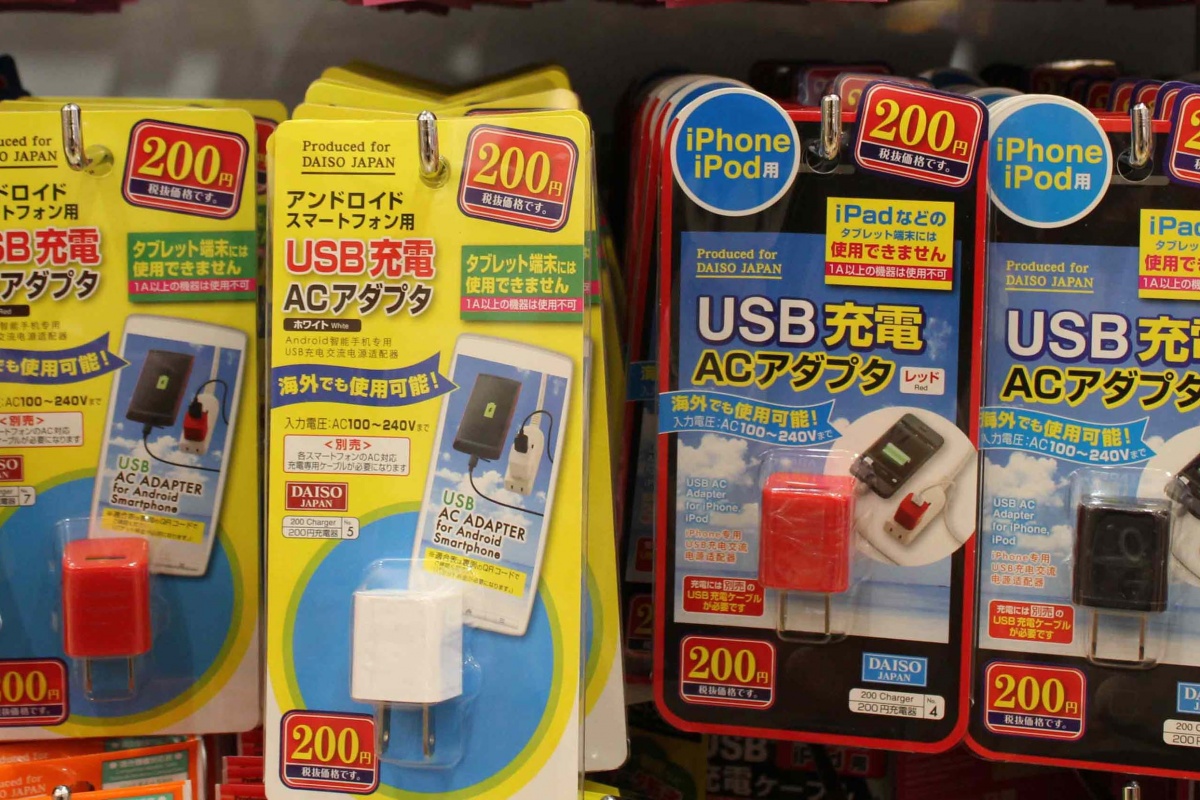
https://navitimejapan.com/souvenir-savior-100-yen-shop/
In your bag, include a couple of packs of batteries in different sizes as you never know when they might be useful. Also keep a phone charger handy as you may stumble across a power source still working (these days, even without an emergency, a charger is something you don’t want to forget whenever you leave home). This item might be a bit more expensive. While the USB cables are ¥100, the power plugs are usually sold for ¥200.
7. Writing Materials: Notepad, Pencils, Pens, Chalk
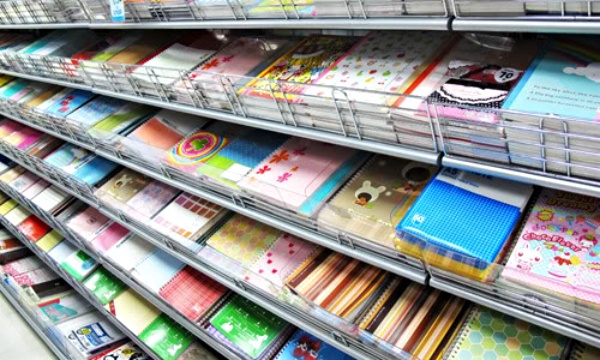
http://hellotoearth.tumblr.com/post/813238810/going-gaga-for-saizen
You might need to jot down important information or leave messages after your phone has died. Don’t forget a notepad (preferably a waterproof one), a box of pens and mechanical pencils (so you don’t need to sharpen them). Chalk can also be useful to leave messages on walls or pavement.
8. Protection: Raincoat, Hats, Work Gloves
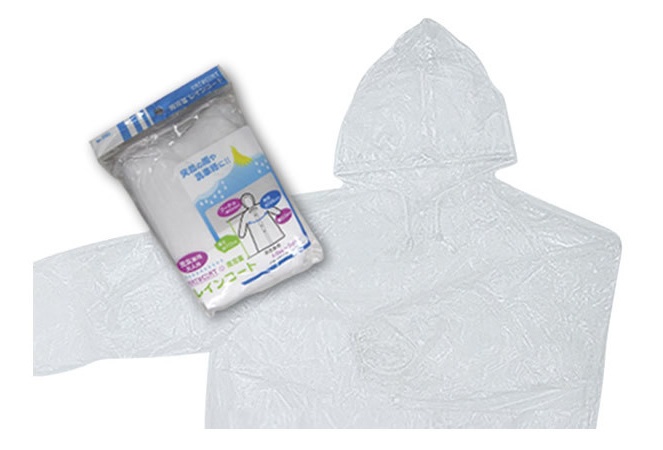
http://www.makoto-ltd.co.jp/product_category/rain/
A raincoat might become essential in case of rain, and a sun visor might have the same function if something happens in the heat of Japanese summer. Gloves might be useful if you need to move rubble out of your way.
9. First Aid: Alcohol, Gauze & Bandages
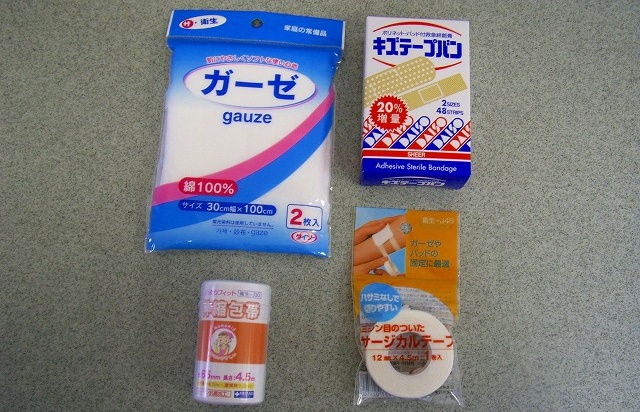
http://www.asap-snow.com/100yen-goods.htm
In a disaster, you just might get hurt. For managable cuts and scrapes, don’t forget to include the aforementioned elements to disinfect, wrap and treat at least the smallest wounds.
10. Can Opener, Chopsticks & Cutlery
http://p.twipple.jp/KI8iB
You might be given food by emergency workers, so make sure you can eat it. For plastic cutlery and disposable chopsticks, you can also stock up on the ones you don't use from convenience stores or buy portable kits like the one pictured above.
11. Bandana
http://fanblogs.jp/syufuhima/category_22/
A bandana can be useful for a number of things: as a bandage, to protect your face or head, or to tie things together. Make sure to include one in your kit.
12. Waterproof Pouch for Documents & Cash
https://findy.jp/6821
Buy a small, possibly waterproof, plastic pouch to store copies of your most important documents: ID card and passport, health insurance card, emergency numbers, medication and allergies records, driving license and bankbook. Also include pictures of your family or loved ones and some cash. Kitchen bags can also be used for the same function!
13. Whistle
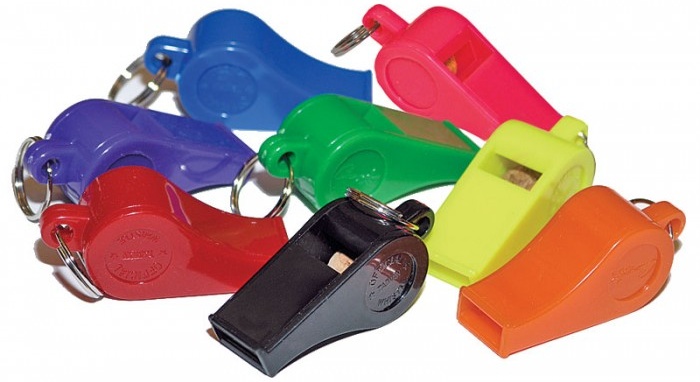
http://www.tpesonline.com/economy-plastic-whistle
A whistle can be useful to signal your presence to other people or call them over, so make sure to include one in the bag.
14. Portable Radio
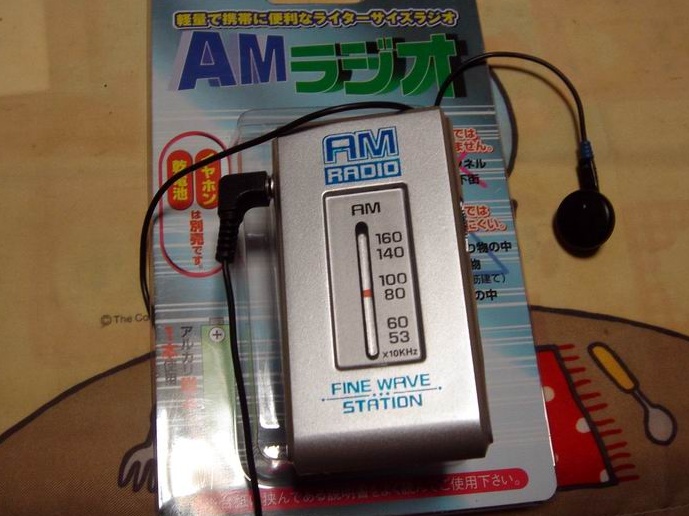
http://cgi.tiny.jp/tt/archives/2007_9_17_201.html
This might be a bit harder to find, but a portable radio might be useful to hear news about the current situation if the electricity is out. Make sure to include a spare battery for the radio, and check every once in a while to see if it still works!
15. Toiletries: Toothbrush, Toothpaste, Soap
http://www.dena-ec.com/item/178572581
No one knows how long you might need to be out of your house. It's a good idea to pack at least a toothbrush and toothpaste (look for travel kits that include both), and if you have some space you might also consider including a bar of soap (which can also be used to wash your clothes in case of emergency).
Free Items to Include:
Plastic bags
Plastic bags are super versatile. They can be used to carry objects and liquids, to protect things from rain, to protect wounds from water, and they can even become emergency diapers for babies! So make sure to include some of them in the bag—just check for holes!
Area map
You can get a general tourist map of Tokyo in any tourist information center to include in the waterproof pouch mentioned above. You should also get maps of your living and workplace area (you can print this off the internet, or perhaps find one at your local train or subway station). Learn where to find your evacuation areas, and write them down on the map.
Tissues
You know all those tissues they give you with advertisements on the street? Store them! You never know when you might need them!
Old newspapers
Don’t throw them away! Newspapers are very useful to keep body warmth, so the next time you finish reading one, put it in your emergency bag and not in the trashcan!
Even if you buy everything in this list, the total price will be less than ¥4,000. As the cost of safety and piece of mind in a possible emergency, this is surely affordable!


